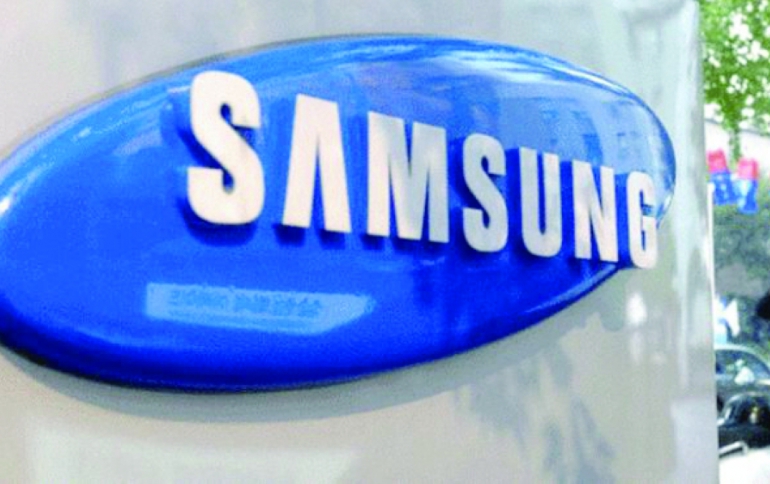
Samsung to Open Home Appliance Factory in South Carolina
Samsung Electronics will open its first U.S home appliance plant in Newberry, South Carolina, a move responding to U.S. President Donald Trump's threats of high import tariffs.
According to reports fromn South Korea, Samsung will make the official announcement on the site selection next week, during a visit of the South Korean president Moon Jae-in to the U.S.
The Wall Street Journal on Thursday also reported that Newberry, a city 241 kilometers (150 miles) northwest from the port of Charleston, South Carolina is the most likely choice for the Korean electronics maker's new home appliance factory site. Samsung Electronics has mulled investing $300 million on building washing machine production facilities and adding additional lines to make other home appliance products like refrigerator and oven.
U.S. president Trump has promised to offer benefits to companies that will bring their factories to the U.S., helping his slogan of "Buy America and Hire America."
The U.S. International Trade Commission (ITC) recently launched a safeguard investigation on washing machines made by Samsung Electronics and LG Electronics, in order to check whether their products hurt the country's local manufacturers as accused by their U.S. rival Whirlpool Corp. If ITC sides with Whirlpool, the U.S. president can order actions such as import quota or higher duties to protect the local industry as recommended by the trade commission.
Samsung Electronics is likely to use a factory site that U.S-based heavy equipment maker Caterpillar Inc. had closed down last year and start full-fledged operation from next year. Samsung's investment is said to reach the $300 million.
LG Electronics has also invested about $250 million into Clarksville, Tennessee in March and announced that it will construct production plant for washing machines by first half of 2019.
Running factories in the U.S. will be more expensive for companies rather than having them in other countries, due to the higher wages of the U.S. personnel. However, the companies may be able to offset that expense through the reduction in distribution costs and import tariffs.





















